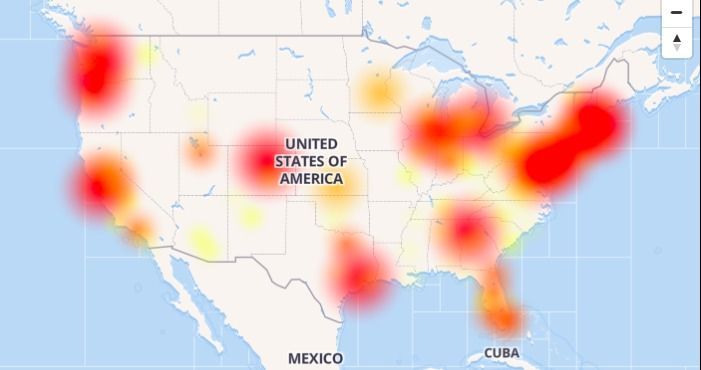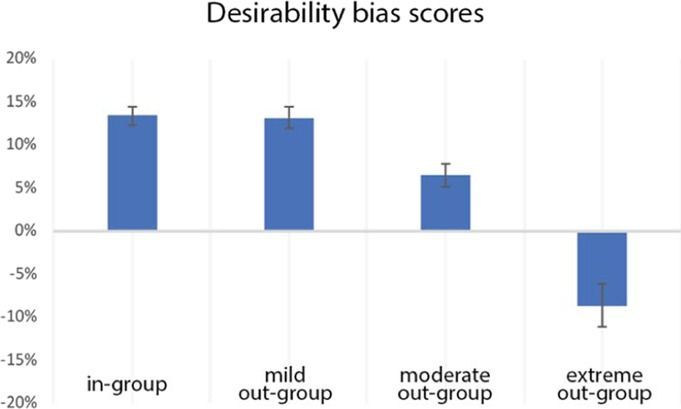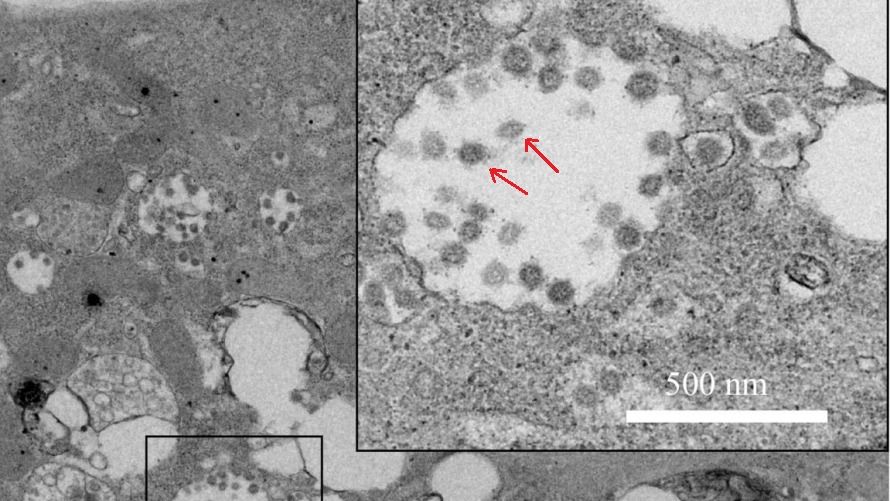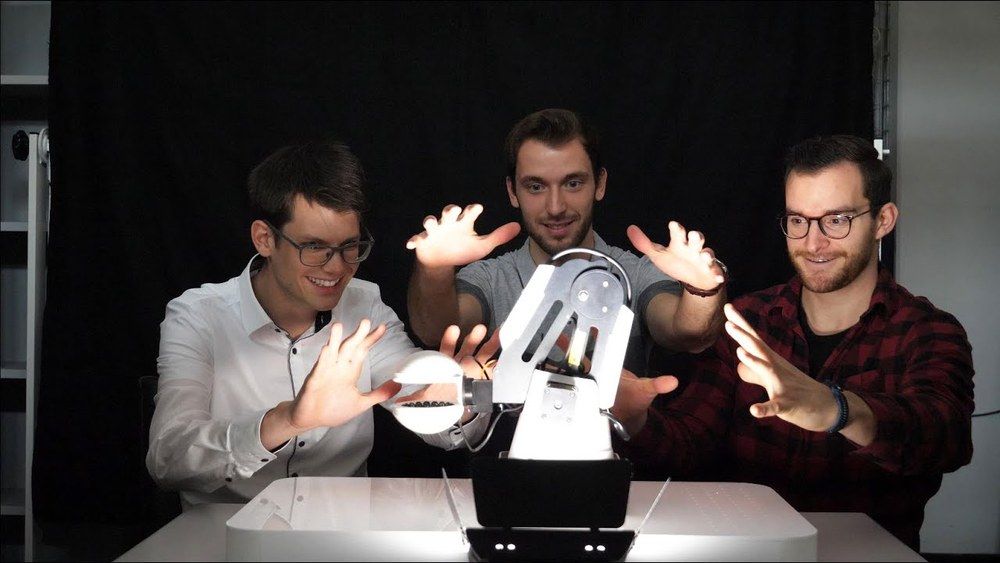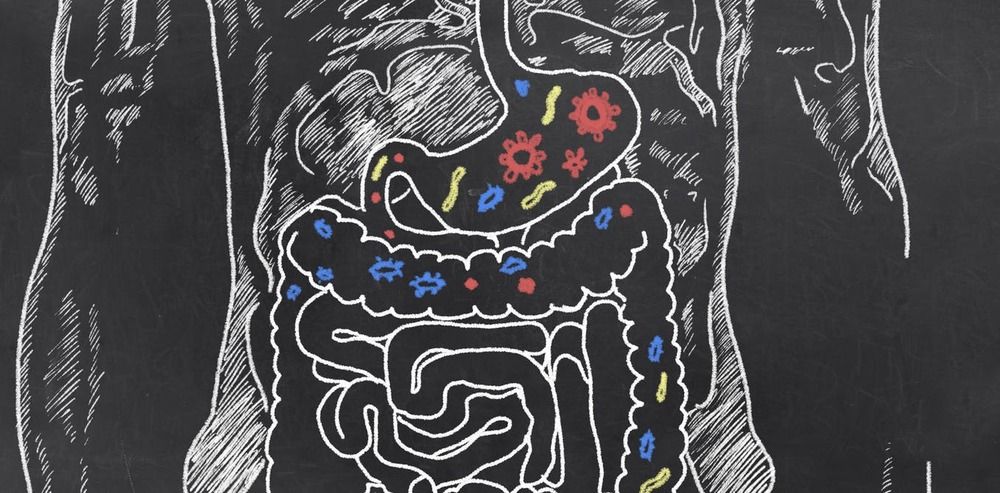Oozing with poison and small enough to fit in a petri dish, the organoids could one day help provide sorely-needed antivenoms.
In a 24–10 vote, the House Judiciary Committee approved a bill that would effectively end marijuana prohibition on Wednesday. The Marijuana Opportunity Reinvestment and Expungement (MORE) Act of 2019, or H.R. 3884, was introduced by House Judiciary Committee Chairman Jerrold Nadler (D-NY) and currently has 55 co-sponsors. This is the first time that a congressional committee has approved a bill to make cannabis legal. The MORE Act would federally decriminalize cannabis by removing it from the Controlled Substances Act, and would require the expungement of past federal cannabis convictions.
The bill would also establish a Cannabis Justice Office to administer a program to reinvest resources in the communities that have been most detrimentally impacted by prohibition, funded by a 5% tax on state-legal cannabis commerce.
Moreover, it will allow the Small Business Administration to provide loans and grants to cannabis-related businesses and support state and local equity licensing programs, and would permit doctors within the Veterans Affairs system to recommend medical cannabis to patients in accordance with applicable state laws.
Optimism bias, i.e. expecting the future to hold more desirable than undesirable outcomes, also extends to people that we like or admire. However, it remains unknown how the brain generates this social optimism bias. In this study, respondents estimated the likelihood of future desirable and undesirable outcomes for an in-group and three out-groups: warm-incompetent, cold-competent, and cold-incompetent. We found a strong social optimism bias for the in-group and the warm out-group and an inverted pattern for the cold-incompetent out-group. For all groups, scores of social optimism bias correlated with the brain activity in structures that respondents differentially engaged depending on the target social group. In line with our hypotheses, evaluating the in-group recruited the ventromedial prefrontal cortex and the precuneus/posterior cingulate cortex, whereas evaluating the warm out-group engaged the posterior insula, mid cingulate cortex, and somatosensory cortices. These findings suggest different underlying cognitive mechanisms of social optimism bias for these groups, despite similar behavioural patterns. Thinking about the cold out-groups recruited the right anterior temporal lobe, and temporoparietal junction. Evaluating the cold-incompetent out-group additionally recruited the anterior insula, inferior frontal cortex and dorsomedial frontal cortex. We discuss these neuroimaging findings with respect to their putative cognitive functions.
Researchers say the virus spreading through China is in the same family as SARS and closest to one found in bats. Discovery: Today, researchers led by Zheng-Li Shi at the Wuhan Institute for Virology posted a paper describing the virus in detail for the first time, including a picture of the virus infecting cells. The new virus, dubbed nCoV-2019, is in the same family as SARS—a coronavirus that caused global mayhem starting in 2003—and even uses the same receptor to hack into a person’s lung cells, Li’s team found.
Discovery: Today, researchers led by Zheng-Li Shi at the Wuhan Institute for Virology posted a paper describing the virus in detail for the first time, including a picture of the virus infecting cells.
Genomics and BioPharma Pioneer!! — On this ideaXme (http://radioideaxme.com/) episode, I had the honor of being joined by Dr. William Haseltine — biologist, entrepreneur and philanthropist, known for his groundbreaking work on HIV/AIDS and the human genome, now focusing on the issues of healthcare costs, dementia care, and aging — #Ideaxme #Genomics #RegenerativeMedicine #BillHaseltine #Dementia #Biotechnology #Harvard #JamesWatson #WalterGilbert #DavidBaltimore #MIT #CraigVenter #Health #Wellness #Regeneration #Longevity #Aging #IraPastor #Bioquark #Regenerage
Ira Pastor, ideaXme exponential health ambassador, interviews Dr. William Haseltine, American biologist, entrepreneur and philanthropist, known for his groundbreaking work on HIV/AIDS and the human genome.
Drone delivery service takes flight
Posted in drones
NASSAU, BAHAMAS – A Bahamian drone delivery service is rolling out its last-mile delivery service in the first quarter of this year with its inter-island offering expected within 12–15 months.
Fli Drone, a Bahamian firm authorized to perform drone delivery services, was founded by two former college classmates: Abaco native Robert Sweeting (Chief Executive Officer) and Arthur Frisch (Chief Technology Officer).
The company officially launched in 2018.
Probiotics are live microorganisms, usually bacteria, that can be consumed to offer health benefits.
The ability of certain microbes to confer health benefits on their host was recognized more than 100 years ago. In 1904, Elie Metchnikoff, a scientist at the Pasteur Institute, claimed that Bulgarian peasants lived longer by eating yogurt made from bacteria that served to ferment the milk. Parisians rushed out to buy yogurt in response.
However, the huge variety of bacteria living on the planet was not appreciated back then. More recently, the development of technology that identifies organisms from their DNA has allowed scientists to show that plants, animals, insects and humans can be hosts for many different types of microorganisms.


